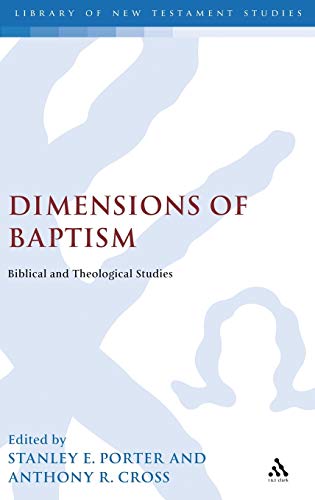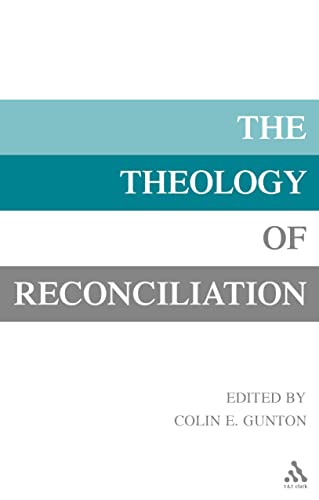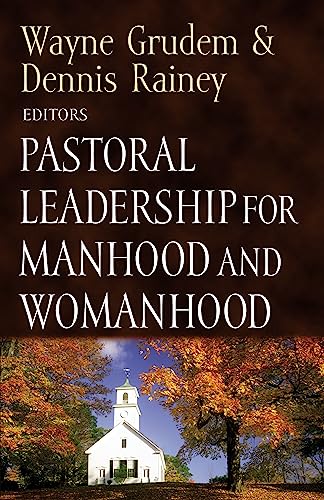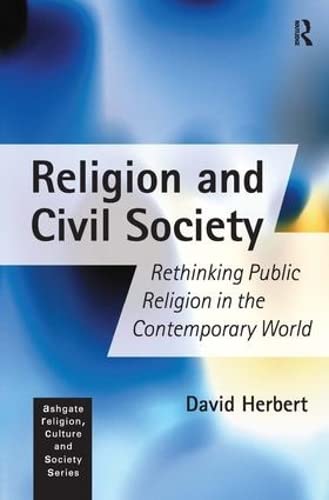Volume 29 - Issue 3
Bruce Springsteen and the Tragedies of Modern Theology
By Carl TruemanOne of the great albums of the 1980s is, without doubt, Bruce Springsteen’s Nebraska. In contrast to the obvious mainstream rock roots of his other work, this album has a spare, dark feel. Of course, Springsteen’s songs are well-known for their powerful description and critique of working-class America and this album has to be considered his masterpiece. That he made it by himself in his New Jersey home on a four-track Teac tape recorder raises the end result to the level of being legendary.
While all the tracks on the album have a hard-edge, the last ones also have a distinctly religious dimension, echoing perhaps Springsteen’s Roman Catholic past. The penultimate song on the album, ‘My Father’s House’, is a powerful retelling/inversion of the parable of the prodigal son. The narrator dreams one night that he is running through the forest, trying to get home as darkness falls. All around him he hears what he thinks are the cries of ghosts and the Devil snapping at his heels. Finally, pushing through branches and brambles, he sees his father’s house, ‘hard and bright,’ and runs until he falls into his father’s arms.
Waking up, the narrator remembers all of the things which, over the years have driven himself and his father apart, and he resolves that he will make amends, never letting anything come between them again. So, to make good on his intention, he heads straight on out to his father’s house. When he arrives, however, he is told by a woman who speaks to him only through a chained door that no-one of his father’s description lives there anymore. Then comes the final, devastating verse:
My father’s house shines hard and bright
It stands like a beacon calling me in the night
Calling and calling so cold and alone
Shining cross this dark highway where our sins lie
Unatoned.
The song is both heartbreaking in its portrayal of human damage, wasted lives and lost opportunities, but also profoundly theological in the questions it raises. Sin in the narrator’s world is very real—it has destroyed the relationship between himself and his father; yet the reconciliation of which he dreams is never to be any more than a figment of his imagination, and when he attempts to realise this in real life, he finds that it is impossible. His father’s house calls him incessantly, but the sins that drove parent and child apart lie unatoned; there is no hope, no redemption; no reconciliation.
What Christians can appreciate in Springsteen’s lyrics here is his honesty in facing up to the reality of sin. Sin is something which exists in space and time, something which really affects real people, which really damages real relationships. There is no point in reducing it to a linguistic game or to a question of taste, an aesthetic preference or a matter of cultural convention. No. Sin is real; it stares us in the face every time we look in the mirror; it stands poised to poison every relationship; it corrupts everything that is good and beautiful; it dwells in the heart of each of us as individuals; it manifests itself in the way society operates.
This is the first tragedy of some strands of modern theology. Classical liberalism tended to be profoundly pietistic in orientation, focusing upon the religious psychology of the individual Christian. Such an understanding of religion was scarcely adequate to give an account of the impact and effects of sin. But the modern heirs of this theology have scarcely done any better. For example, the fetishisation of language and text which certain strands of critical theory have brought in their wake has fuelled an understanding of the world in general which is profoundly anti-realist; and, as this has infiltrated Christian theology, it has generated understandings of sin (as of everything else) which are ultimately illusory. By its disempowering relativism, and the reduction of all theological claims to the linguistic conventions of the community, theology of this stripe has done little more than produce a corporate pietism where previously there was an individual pietism; and it has still failed to acknowledge that there is a real problem which lies behind the linguistic games we play and which transcends the language and the texts of any given community. Such might seem fine and dandy to the professor at Cambridge or Duke earning a telephone number salary and returning to the leafy suburbs every night, or to the latté-drinking armchair philosopher at Starbucks who reduces all viewpoints but his own to—well, viewpoints; but it’s a bit tough for the street children in Bolivia, the rape victims in prisons, the parents of a teenager dying of heroin addiction. These people need a framework which does justice to reality, the reality of the fallen world, the reality which is not simply a cultural-linguistic game but which presses in on them from all sides like a nightmare. Only a theology that has a firm grasp of the fact that the Bible speaks with transcendent authority of realities beyond itself, and makes claims that are non-negotiable and not reducible to semantics or hermeneutical games, can possibly speak to such tragedies; and yet this is the option which modern theologians have, almost without exception, abandoned. To this extent, they have not reached the level of theological understanding which Springsteen exhibits: sin is real; it happens in space and time; and it does actual, concrete damage to those concerned.
The second tragedy of modern theology is, of course, the illusory nature of incarnation and atonement. Did God really take flesh? Did he really die on the cross? Did he really rise on the third day? Is he now really seated on the right hand of the Father? As in the early church, so today there is much theology which is basically docetic in tendency and which denies the reality of Christ’s person and thus of his work. Again, for all of the very real gains that a narrative approach to the biblical text has brought in its wake, to the extent that it has been used by some theologians to rule out of bounds questions of ontology and historicity, to that extent it can leave Christianity vulnerable to an incipient docetism. The problem for the protagonist of ‘My Father’s House’ was that his sins were real; his relationship with his father was damaged; the petty stubbornness of the years had indeed taken a heavy toll; but the atonement for those sins was illusory, a dream, a phantasm. As he turned to walk away, back on the dark highway his sins still lay unatoned. And that is the problem for those who refuse to raise the questions of history: the story of the atonement is fun to read; but when the reality of our sin presses in on us, we need to be able to understand why we should choose as the solution to the problem the story of Jesus rather than, say, the stories provided by any of the other religions or philosophies or even rock stars out there? Is it simply that we believe Christianity can ‘outnarrate’ these alternatives in some kind of nebulous fashion? Or is it because the Christian story makes claims about space and time and eternity which have a transcendental significance beyond the linguistic constructions of any given community?
This is what makes orthodox Christianity so great and so joyful: the sure and certain knowledge that we have a great and a gracious God who has acted to save his people. The Bible tells us so. Sure, the Bible speaks of the reality of sin; but it also speaks of a holy yet loving God and of an incarnate mediator who does actually atone for that sin. The Bible is no dream, no idle story, no tale told to validate the values of a given community; it is the declaration of God that this is who he is, this is how things are, and this is how he has acted. As Springsteen tells the story of a family ruined by sin for which there is only the illusion of reconciliation and atonement, and that in a dream, not in real life; so Jesus tells the story of a prodigal whose Father welcomed him back to his home and killed the fatted calf; and then Christ himself provides the atonement to guarantee that the story is more than just an idle fable with an imaginary happy ending.
This is why it is so amazing that liberal theology, old and new, continues to enjoy such appeal. Of course, the Bible’s teaching on sin and atonement is, by turns, a moral and intellectual outrage to those who have no time for Christ; yet it is surprising that so many theologians, having stripped the Bible and Christ of any real authority or power, continue to believe that what they offer as an alternative has such value and appeal. It’s almost as if they believe that, despite having evacuated the gospel of it power, somehow, in some way, everything will turn out fine in the end. They should pay more attention to ‘the Boss.’ Nebraska closes with another song, ‘Reason to Believe,’ which has the following stanza:
Seen a man standin’ by a dead dog lyin’ by the highway in a ditch.
He’s lookin’ down kinda puzzled pokin’ that dog with a stick.
Got his car door flung open he’s standin’ out on highway 31
Like if he stood there long enough that dog’d get up and run.
Struck me kinda funny seem kinda funny sir to me
Still at the end of every hard day people find some reason to believe.
Yes, Bruce—it is kinda funny, isn’t it?
Carl Trueman
Carl Trueman is Professor of Biblical and Religious Studies at Grove City College in Grove City, Pennsylvania.






